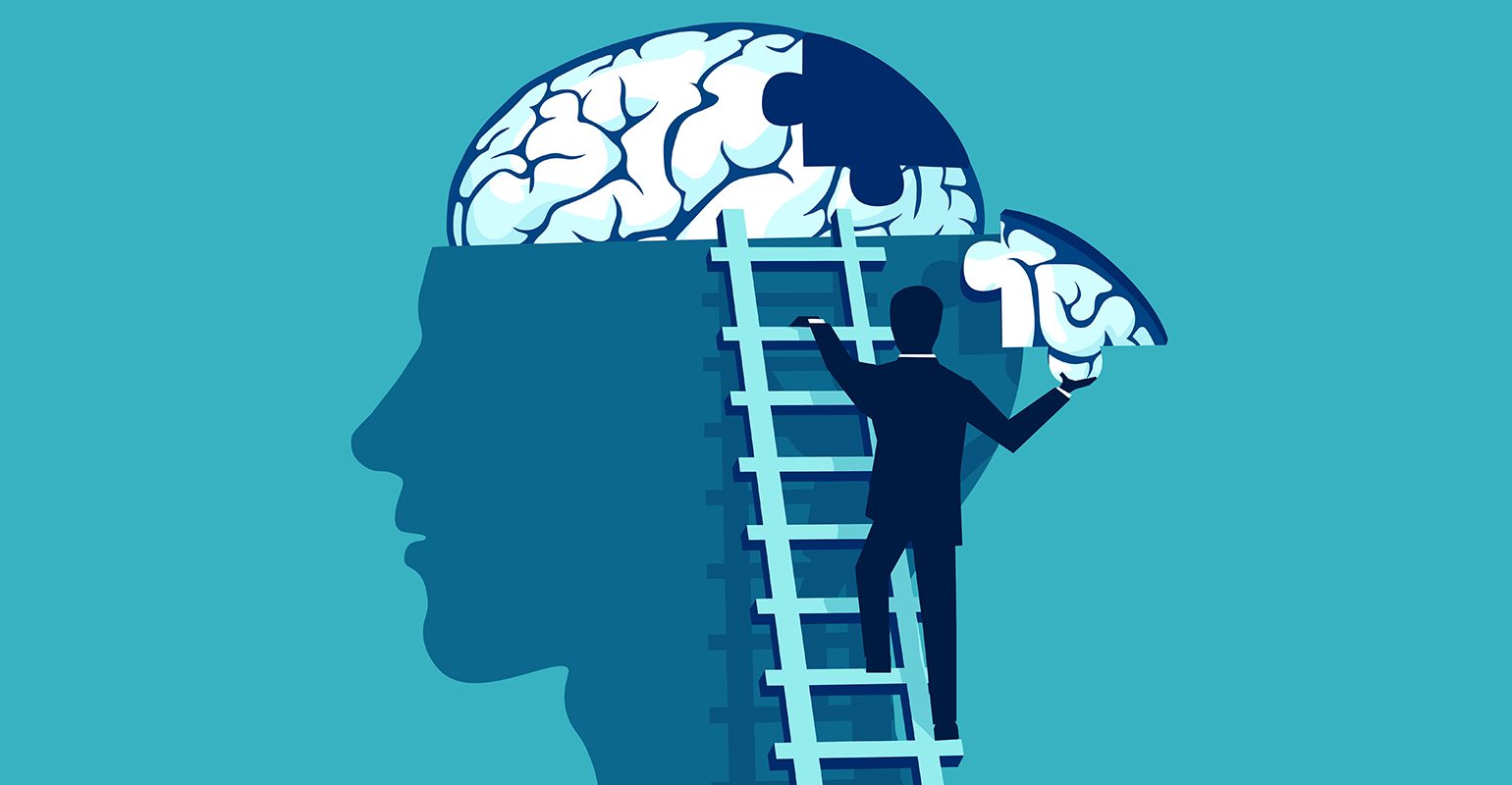 Such misperceptions may appear to be an exception, yet bias helps individuals identify patterns and shortcuts to assist them negotiate typical life circumstances. The inclination to shape what someone says or does by forming predetermined notions. This prejudice is especially hazardous when it manifests itself as conscious stereotyping. This is a growing list of cognitive biases discovered during the last six decades of study on human judgment and decision-making in the cognitive sciences, social psychology, and behavioral economics. Daniel Kahneman and Tversky (1996) argue that cognitive biases are efficient and have practical implications in fields such as clinical judgment, entrepreneurship, finance and management.
Such misperceptions may appear to be an exception, yet bias helps individuals identify patterns and shortcuts to assist them negotiate typical life circumstances. The inclination to shape what someone says or does by forming predetermined notions. This prejudice is especially hazardous when it manifests itself as conscious stereotyping. This is a growing list of cognitive biases discovered during the last six decades of study on human judgment and decision-making in the cognitive sciences, social psychology, and behavioral economics. Daniel Kahneman and Tversky (1996) argue that cognitive biases are efficient and have practical implications in fields such as clinical judgment, entrepreneurship, finance and management.
The concept of cognitive bias was introduced in 1972 by Amos Tversky and Daniel Kahneman, who emerged from their experiences with people whose innumerability (inability to think logically) was greater than an order of magnitude. On the other hand, the present prejudice is an example of cognitive bias, which is a set of faulty ways of thinking that are hard-wired into the human brain. There are 185 entries in Wikipedia’s list of cognitive biases: The propensity to explain other people’s conduct by overemphasizing the influence of their personality and underemphasizing the influence of their situation in explaining their own behavior (the reverse of the Zeigarnik effect) and incomplete or interrupted activities by recalling completed ones. It turns out that there is a solid collection of around 100 biases that make our life a living hell.
Amos Tversky and Daniel Kahneman, social scientists who began their careers in Israel before relocating to the United States, created the concept of cognitive biases – faulty heuristics, shortcuts, and rules of thumb by which we form judgements and predictions – in the 1970’s.
Cognitive biases have been researched for decades in the academic disciplines of cognitive science, social psychology, and behavioral economics, and they are particularly important today in our information-rich society. The human inclination to think in a specific manner can lead to systematic departures from reasonable judgements. Although people would like to believe that they are rational and logical, they are actually influenced by cognitive biases.
Cognitive biases have an impact on how we think and act. These illogical mental shortcuts can lead to a slew of issues in business, investing, and management. Cognitive biases are advantageous because they involve less mental effort and allow you to make judgments more quickly than conscious s, but unconscious biases can also take the shape of destructive prejudices intended to harm individuals and communities. While it may appear that there has been a recent increase in unconscious bias as a result of police brutality and the Black Lives Matter movement, unconscious prejudice is not a new phenomena.
Cognitive biases are unconscious thinking mistakes that can lead to misunderstanding of information about the world around you and impact the logic and accuracy of decisions and judgements. Cognitive bias is a broad phrase that refers to the systematic method in which information context and design influence human judgment and decision making. Cognitive biases can, in some instances, improve the efficiency of our thinking and decision-making. Cognitive biases are unconscious thinking mistakes that can lead to misunderstanding of information about the world around you and impact the logic and accuracy of decisions and judgements. Cognitive bias is a broad phrase that refers to the systematic method in which information context and design influence human judgment and decision making. Cognitive biases can, in some instances, improve the efficiency of our thinking and decision-making.
Anchoring bias arises when people rely too much on prior knowledge or the first information they come across. Confirmation bias refers to people’s propensity to pay close attention to information that confirms their ideas while ignoring information that contradicts them. A type of bias in behavioral finance that hinders our capacity to make objective judgments is the propensity for people to pay attention to information that confirms their views while ignoring information that contradicts them. Biased thinking, at its foundation, makes it impossible for us to convey correct information. It causes us to avoid information that we dislike and to overlook information that may lead to more accurate findings.
Psychologist Daniel Kahneman has shown that when our intuition misleads us, it is a common source of prejudice that leads to poor decision-making. Bias might drive us to make illogical judgments by distorting our critical thinking. It can also lead to us forming incorrect assumptions about people and treating them unjustly. People’s cognitive limitations and laziness, for example, might cause them to focus on the wrong things and avoid seeking essential knowledge. Other causes of prejudice include faulty System 2 thinking and deliberate mistaken thinking. Doctors, for example, may be aware of these mistakes, but undue reliance or prejudice in how they make diagnoses might lead them to regard the opinions of other doctors more highly. Learning successful anti-prejudice techniques at all levels of education, understanding how confirmation, anchoring, and outcome biases impact heuristics and other effects on clinical decision-making should be a focus. Medical students should be trained to detect and fight the risk of potential decision-making biases at every level, using guided contemplation and cognitive coercive methods. Specific debugging strategies will be discussed and incorporated into training.
Abstract human decision-making demonstrates that systematic reduction and divergence from rationality and heuristic principles can result in poor choice outcomes owing to cognitive biases. To demonstrate the link between neural principles and biases, we first explain and discuss examples of so-called heuristic biases, which are characteristic of the mentioned principles. For example, heuristic bias is arising from associative information processing, control illusions (people tend to overestimate their control degree) (Langer, 1975; Matute et al., 2015), superstition (Skinner, 1948; Rose, 2015), false causality (see causality, unconnected correlation and conjunction deception ( Tversky and Kahneman, 1983 ), heuristic representation (Tversky-Kahneman, 1981a) and the above-ment.
We offer a neural network framework for cognitive bias to explain why our brains prefer to make heuristic type 1 decisions in order to increase our knowledge of cognitive heuristics and prejudice. We contend that many cognitive biases are caused by intrinsic brain processes that are essential to the operation of biological neural networks.



